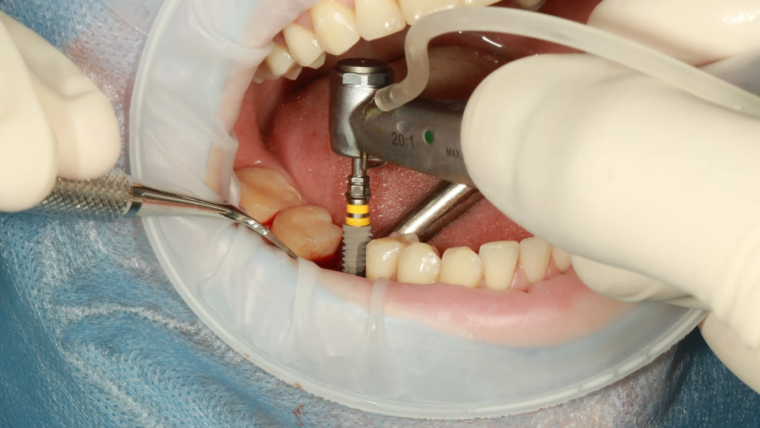
Liver cancer represents one of the most challenging oncological conditions to treat. Most patients are inoperable, and many are diagnosed only at stage 4. However, emerging effective methodologies are helping to control this oncological condition for extended periods. Advanced countries now offer immunotherapy for stage 4 liver cancer, providing long-term control over tumor growth and metastasis.
Table of Contents
Understanding How Immunotherapy Works
Malignant cells constantly appear in our bodies. However, they are typically quickly and completely eliminated by the immune system, preventing their transformation into malignant tumors.
At a certain point, immunity becomes overwhelmed. An equilibrium state occurs: the immune system still prevents malignant cells from developing into large tumors but can no longer eliminate them completely.
Finally, the evasion phase begins, where the tumor grows and eventually develops metastasis. The goal of immunotherapy is to reverse this third phase back to the second, enabling the patient’s natural immunity to regain control over tumor growth.
Advanced Treatment Approaches
Various therapy methods are employed in modern treatment, targeting different aspects:
- Immune synapse activity modulation – primarily using checkpoint inhibitors
- Non-specific immune process intervention (immunomodulators, cytokines)
- Antigen presentation enhancement
- Adoptive cell therapy (modifying immune cell properties outside the body)
- Elimination of immunity-suppressing factors
- Local tumor intervention for systemic immune response induction
While all these approaches are utilized in liver cancer treatment, many techniques are still under research. The most commonly used immunotherapy methods for liver cancer remain checkpoint inhibitors, specifically PD-1 inhibitors and related compounds.
Understanding PD-1 Inhibitors and Related Treatments
The foundation of liver cancer immunotherapy relies on PD-1 and PD-L1 inhibitors, which prevent malignant cells from evading immune system attacks by mimicking normal cells.
In simple terms: PD-L1 proteins in cancer cells can bind to PD-1 on immune cells, acting as an “off switch” for immune response. By blocking either of these proteins, the deactivation of immunity can be prevented. These medications show enhanced efficacy against liver tumors with high PD-L1 expression.
PD-L1 inhibitors are considered first-line immunotherapy treatments and are often combined with targeted therapy. This is typically the initial treatment prescribed for liver cancer patients, as standard cytotoxic chemotherapy shows limited effectiveness in advanced hepatocellular carcinoma. These medications are administered intravenously every 2-4 weeks, with subcutaneous formulations also available.
PD-1 inhibitors serve as second-line therapy. Additionally, checkpoint inhibitors targeting CTLA-4 protein on T-cells have shown success in treating late-stage liver cancer.
Treatment Success and Prognosis
Several immunotherapy drugs have received approval in developed countries for treating stage 4 liver cancer. If one treatment becomes ineffective, alternatives can be employed. Immunotherapy combined with other treatment modalities provides long-term control of metastatic liver cancer, significantly improving patient prognosis. Clinical outcomes have shown particularly promising results in patients who:
- Demonstrate high PD-L1 expression levels
- Have maintained good liver function despite disease progression
- Show positive response to initial immunotherapy cycles
- Can combine multiple treatment approaches
Access to Personalized Treatment
For individualized treatment of late-stage liver cancer, patients can seek care abroad. Through Booking Health’s service, you can select an appropriate medical facility. You can submit a request on their website to receive a medical tourism specialist consultation. Booking Health will assist in choosing a clinic, scheduling convenient appointments, and organizing travel to Germany or other countries with advanced medical capabilities. Medical service costs when booking through Booking Health are reduced by eliminating additional fees for international patients.


